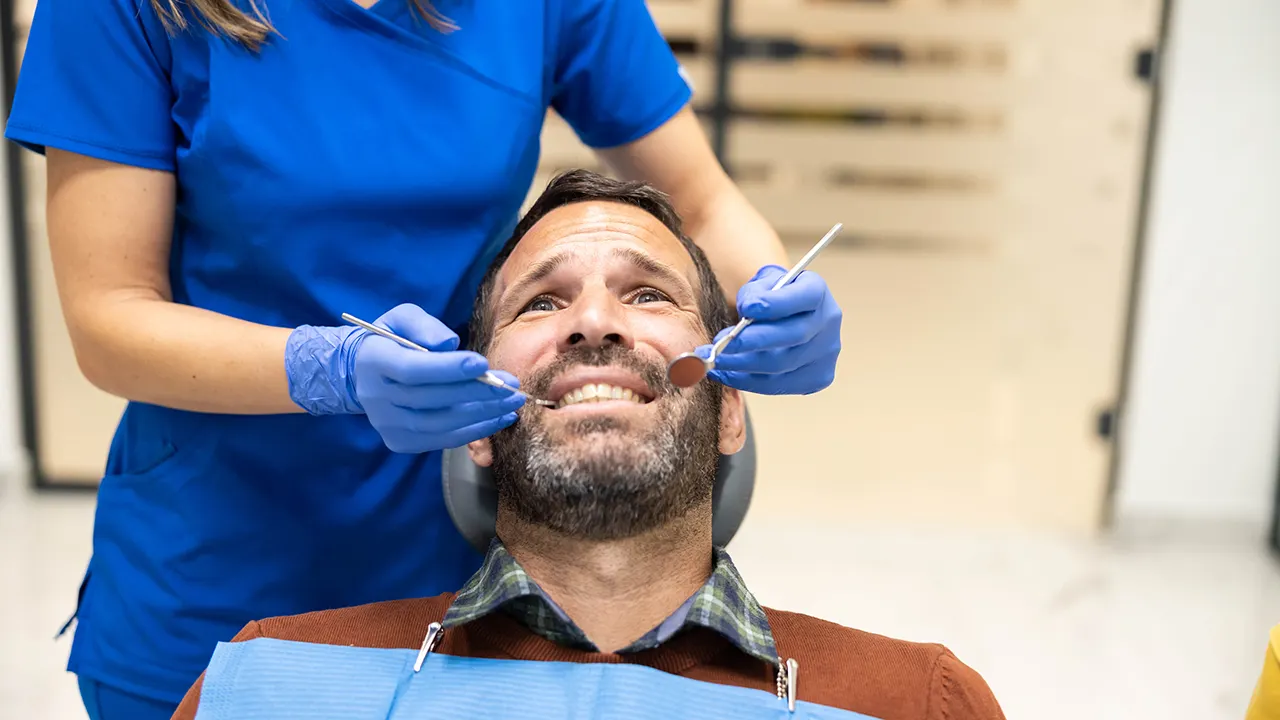The Surprising Truth Behind Americans’ Dental Dishonesty
A recent study has unveiled a striking phenomenon: a significant number of Americans are not being fully honest with their dentists regarding their oral health habits. This dental dishonesty raises questions about the complex dynamics between patients and their dental care providers. Understanding the underlying reasons for this behavior can help both patients and professionals foster a more transparent and productive relationship, ultimately leading to better oral health outcomes.
The Scope of the Problem
Research reveals that up to 70% of patients admit to lying to their dentists about various aspects of their oral hygiene practices. This dishonesty often encompasses key areas such as:
- Frequency of brushing and flossing
- Dietary choices and sugar intake
- Attendance at regular dental check-ups
- Use of recommended dental products
Such misleading representations can have serious implications for both the patient’s health and the dentist’s ability to provide accurate care. Understanding why Americans engage in this dental dishonesty is crucial for addressing the issue effectively.
Why Are Patients Dishonest?
Several factors contribute to the phenomenon of dental dishonesty among Americans:
1. Fear of Judgment
Many patients worry about being judged by their dentists for their oral hygiene practices. This fear can stem from personal insecurities about their habits or past experiences that left them feeling embarrassed. As a result, they may choose to fabricate or exaggerate their compliance with dental advice to avoid potential reprimand.
2. Lack of Understanding
Some individuals may not fully grasp the importance of certain dental practices. For example, a patient might underestimate the significance of daily flossing or might not see the correlation between diet and oral health. This lack of understanding can lead to misrepresentations when discussing their habits with dental professionals.
3. Desire to Avoid Consequences
For many, the fear of dental treatments can be a significant deterrent. Patients may lie about their dental care routines in hopes of avoiding potential consequences, such as needing fillings or experiencing painful procedures. This desire to escape the dentist’s chair can lead to a cycle of dishonesty that ultimately harms their health.
4. Cultural Influences
In some cultures, there may be a stigma attached to admitting poor health habits, including neglecting oral hygiene. This cultural backdrop can pressure individuals to present themselves in a more favorable light, leading to dishonesty in dental appointments.
The Impact of Dental Dishonesty
The ramifications of this widespread dental dishonesty are far-reaching. When patients lie about their habits, they not only jeopardize their oral health but also complicate the dentist’s ability to provide effective care. Here are some consequences:
- Inaccurate Diagnosis: If a dentist believes a patient is maintaining good oral hygiene, they might overlook early signs of decay or gum disease.
- Wasted Resources: Time and money spent on unnecessary treatments can escalate due to misinformed treatment plans based on false patient disclosures.
- Increased Anxiety: For patients, the stress of lying can compound anxiety about dental visits, leading to avoidance of necessary care.
Building Trust in the Dentist-Patient Relationship
To combat dental dishonesty, both dentists and patients must work together to foster a more open and trusting environment. Here are some strategies for improving communication:
1. Create a Comfortable Environment
Dental offices should strive to create a welcoming atmosphere where patients feel at ease. This can be achieved through friendly staff interactions, calming decor, and open communication about procedures and treatments.
2. Educate Patients
Education plays a vital role in dispelling misconceptions about oral health. Dentists can take the time to explain the importance of various practices and how they directly impact overall health. Providing pamphlets or resources can also reinforce this education.
3. Normalize Honest Conversations
Dentists should encourage patients to communicate openly about their habits. Phrasing questions in a non-judgmental manner can help patients feel more comfortable sharing the truth. For instance, asking, “What challenges do you face with your oral care routine?” can prompt honest dialogue.
Encouraging Accountability
In addition to fostering trust, accountability is crucial in combating dental dishonesty. Here are some ways to encourage it:
- Regular Check-Ins: Dentists can schedule more frequent follow-ups to monitor patients’ progress and reinforce healthy habits.
- Incentivize Good Habits: Offering rewards or recognition for maintaining good oral hygiene can motivate patients to be honest about their practices.
- Utilize Technology: Apps and digital reminders can help patients stay on track with their dental care routines, making it easier for them to report their habits truthfully.
The Path Forward
Understanding the surprising truth behind Americans’ dental dishonesty is a crucial step in improving oral health outcomes. By addressing the fears and concerns that lead to dishonesty, both dentists and patients can work collaboratively to create a healthier future. With open communication, education, and a non-judgmental approach, the dental community can encourage honesty and foster a more effective partnership.
In conclusion, while the habit of dental dishonesty may seem innocuous, its implications are significant. By exploring the reasons behind this behavior and actively working to build trust and accountability, we can pave the way for a more truthful and healthier relationship between Americans and their dental care providers. Ultimately, fostering honesty in dental practices can lead to better health, more effective treatments, and a brighter smile for everyone involved.
See more WebMD Network



